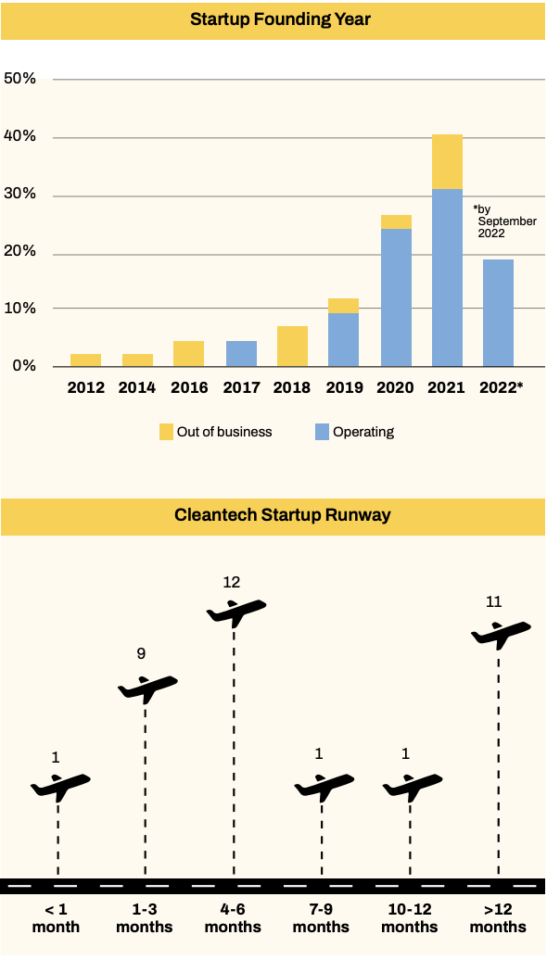Seoul, 19 June 2023 – LG Energy Solution (LGES), in partnership with New Energy Nexus, has successfully closed its “LGES Battery Challenge 2022,” a battery startup competition geared toward open innovation. The startup competition demonstrates LGES’ pursuit towards pioneering future battery technologies and is part of a suite of programs by New Energy Nexus to support battery innovation around the world.
The competition received applications from 117 startups from 23 countries, including the United States, South Korea, Canada, United Kingdom, Germany, and India,. The proposals came from various fields, such as next-generation battery materials, battery management systems (BMS), battery recycling and reuse, battery maintenance, and smart factory technologies.

Source: LGES Battery Challenge 2022 Report, Applications by Category
Through a meticulous evaluation process, LGES has chosen ten finalists developing technologies in battery materials, battery cells and packs, and BMS. The finalists will be entitled to cash rewards, potential opportunities to collaborate with LG Energy Solution on a proof-of-concept pilot project, and further investment opportunities.
This marks the third time New Energy Nexus has supported LGES to host this startup competition, and while the majority of the proposals were on battery material technologies, “LGES Battery Challenge 2022” saw a meaningful increase in the proposals related to LGES’s new business areas, including BMS technologies incorporated with digital transformation (DX) using artificial intelligence and machine learning, battery swapping stations (BSS), energy management system (EMS), and power trading platforms.
“As a front-runner in the fast-growing battery industry, it is imperative that we secure leadership in future battery technologies as well,” said Sungrok Bang, Research Fellow at LG Energy Solution. “We will continue on with a variety of open innovation programs to advance our technological competitiveness in the battery field.”
“There’s no doubt that the dawn of the battery era is upon us, and fierce competition is underway between the battery giants of the world – creative collaborations, new technology innovations and speed to market will be a key differentiator,” said Andrew Chang, Program Director at New Energy Nexus. “LGES is a key player in this ecosystem and I’m excited to see what the future holds between the ten startup finalists and LGES.”
[END]
New Energy Nexus
New Energy Nexus (NEX) is the world’s leading ecosystem of funds and accelerators supporting diverse clean energy entrepreneurs. NEX started in Silicon Valley and now runs programs in Australia, China, India, Indonesia, Nigeria, the Philippines, Singapore, Thailand, Vietnam, Uganda, and the USA, providing accelerator services, capital, mentoring, skills training, and networks to help clean energy entrepreneurs thrive.
Since 2004, NEX has accelerated over 600 startups, supported over 3000 entrepreneurs, and mobilized over US$1.5 billion in investment. For more information, please visit www.newenergynexus.com
LG Energy Solution
LG Energy Solution (KRX: 373220), a split-off from LG Chem, is a leading global manufacturer of lithium-ion batteries for electric vehicles, mobility, IT, and energy storage systems. With 30 years of experience in revolutionary battery technology and extensive research and development (R&D), the company is the top battery-related patent holder in the world with over 25,000 patents. Its robust global network, which spans North America, Europe, Asia, and Australia, includes battery manufacturing facilities established through joint ventures with major automakers such as General Motors, Stellantis N.V., Hyundai Motor Group, and Honda Motor Co., Ltd. At the forefront of green business and sustainability, LG Energy Solution aims to achieve carbon neutral operations by 2050, while embodying the value of shared growth and promoting diverse and inclusive corporate culture.
To learn more about LG Energy Solution’s ideas and innovations, visit https://news.lgensol.com
 Government support is crucial given that the majority of cleantech startups in Indonesia are still in the early stage of development, and often struggle to obtain support and funding for their technology and business.
Government support is crucial given that the majority of cleantech startups in Indonesia are still in the early stage of development, and often struggle to obtain support and funding for their technology and business.